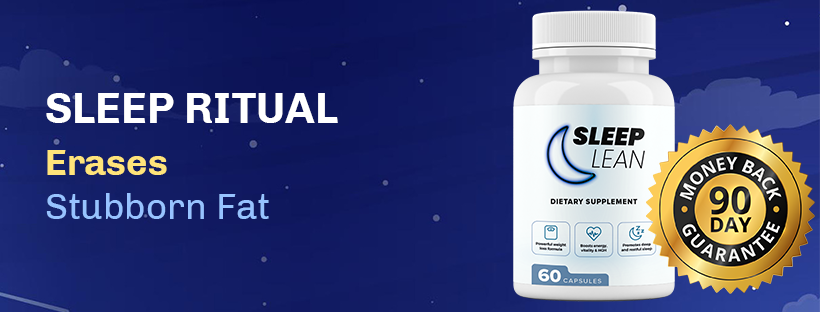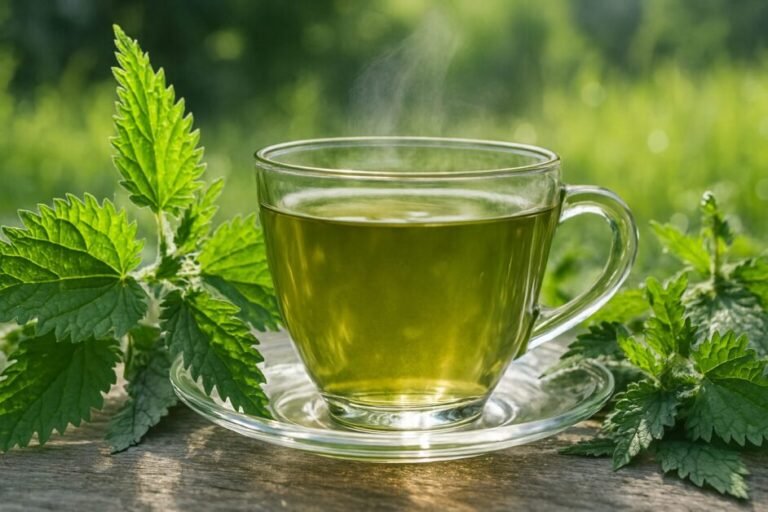Myth vs. Miracle: Are Alternative Medicine Treatments Effective?
Are Alternative Medicine Treatments Effective? Let’s discuss it some. When it comes to your health, you want the best treatment options available. Among the many choices out there, alternative medicine often piques your interest. Are these treatments really effective? Understanding the benefits and limitations can help you make informed choices for your well-being.
Are Alternative Medicine Treatments Effective?
In a world where the hum of modern medicine’s machinery seems almost omnipresent, you might find yourself wondering about alternative medicine. It’s a topic that often fuels heated debates and sparks intense curiosity. Are alternative medicine treatments really effective, or are they merely a collection of placebo-driven practices? Let’s embark on an enlightening journey to explore these treatments, sifting through myths, facts, and everything in between.
What Is Alternative Medicine?
To start with, it’s essential to understand what alternative medicine encompasses. Unlike conventional medicine, which relies heavily on scientific research and clinical trials, alternative medicine includes a diverse range of practices. These methods often embody holistic approaches, aiming to treat the body, mind, and spirit altogether.
Alternative medicine can include:
- Herbal treatments, like using ginkgo biloba for memory enhancement.
- Mind-body techniques such as meditation and yoga.
- Acupuncture, which involves inserting needles into specific points on the body.
- Homeopathy, based on the principle of treating “like with like.”
- Chiropractic care, focusing on spinal adjustments.
The Appeal of Alternative Medicine
Why do you gravitate toward alternative treatments? This is a question that warrants an in-depth look. People often turn to alternative medicine for a variety of reasons. One significant motivator is the desire for a more natural approach to healthcare. Many feel that conventional treatments can be impersonal and too focused on treating symptoms rather than the root cause. Plus, the holistic focus on emotional and mental well-being can be incredibly appealing.
So, what makes you trust something that might not have the backing of extensive scientific research? Cultural influences, personal experiences, and even celebrity endorsements can play significant roles.
Historical Context and Cultural Relevance
Alternative medicine isn’t a new phenomenon. Many of these practices have been around for centuries. Traditional Chinese Medicine (TCM), Ayurveda from India, and Native American healing practices are only a few examples of ancient systems that many people swear by.
For instance, practices like acupuncture date back over 2,000 years and are still an integral part of healthcare systems in various parts of the world. This historical and cultural longevity adds a layer of credibility in the eyes of many adherents.
Scientific Scrutiny: What Studies Say
Let’s face it; you’re probably wondering what modern science has to say about these treatments. The relationship between alternative medicine and scientific research can be described as complicated at best. Many studies have attempted to measure the efficacy of various treatments, often with mixed results.
Efficacy of Herbal Treatments
Herbal remedies are perhaps the most widely used form of alternative medicine. You may have taken Echinacea to stave off a cold or St. John’s Wort for mild depression. But do these herbal treatments work?
- Ginkgo Biloba: Some studies suggest that it can improve memory and cognitive speed, especially in older adults.
- Echinacea: Research is mixed, but there is some evidence that it can reduce the duration of the common cold.
- St. John’s Wort: Multiple studies indicate it is effective for treating mild to moderate depression, although it can interact negatively with other medications.
| Herb Name | Common Use | Scientific Backing |
|---|---|---|
| Ginkgo Biloba | Memory enhancement | Moderate evidence, more research needed |
| Echinacea | Cold prevention | Mixed evidence |
| St. John’s Wort | Depression | Good evidence for mild to moderate cases |
Examining Mind-Body Techniques
Mind-body practices like meditation, yoga, and tai chi are often praised for their comprehensive benefits, ranging from reducing stress to improving physical health. Scientific research supports many of these claims. For instance, mindfulness meditation has shown strong evidence for reducing anxiety and depression. Yoga has been proven to increase flexibility, muscle strength, and cardiovascular health.
The Placebo Effect and Its Impact
One cannot discuss alternative medicine without addressing the placebo effect. The placebo effect refers to the phenomenon where an individual experiences a perceived improvement in their condition solely because they believe they are receiving treatment.
It’s impressive how powerful the mind can be. Even though a treatment might not have inherent medicinal properties, the act of believing in its efficacy can lead to genuine improvements in health and well-being. This contributes to why many find alternative treatments effective.
Risks and Caveats
It’s essential to proceed with caution when considering alternative treatments. The lack of rigorous, standardized testing means that the safety profiles of many treatments aren’t as well understood as conventional medicines. For example, some herbs can interact dangerously with prescription medications. Consulting with healthcare providers before starting any alternative treatment is crucial.
The Role of Regulatory Bodies
Regulation (or the lack thereof) plays a significant role in the effectiveness and safety of alternative medicine. Unlike conventional drugs, which undergo strict scrutiny by bodies like the FDA, alternative treatments often face minimal regulation. In many countries, alternative treatments like herbal remedies don’t need to pass rigorous testing to prove their efficacy or safety.
Combining Conventional and Alternative Medicine
You might wonder if it’s possible to get the best of both worlds. Integrative medicine aims to combine traditional and alternative approaches, offering a more comprehensive and personalized healthcare plan. For example, a cancer patient might undergo chemotherapy while also benefiting from acupuncture to alleviate side effects like nausea.
Real-Life Stories and Testimonials
Personal testimonials can be incredibly compelling. A family member who benefited from acupuncture treatments can influence you more than a skeptical article. Listening to different perspectives gives you a more nuanced understanding of what might work for you.
Balancing Skepticism and Open-Mindedness
When navigating the world of alternative medicine, it’s crucial to balance skepticism with open-mindedness. Dismissing these treatments outright can mean missing out on potentially beneficial therapies. Conversely, accepting them without question can lead to unpleasant and possibly dangerous outcomes.
Future of Alternative Medicine
As more research is conducted, the line between alternative and conventional medicine continues to blur. Treatments that were once considered fringe are gaining scientific validation, integrating more seamlessly into mainstream healthcare. The future likely holds more acceptance and understanding around these various treatment avenues.
In the end, whether alternative medicine is effective comes down to several factors, including your personal beliefs, the condition being treated, and the specific alternative methods you’re considering. As with any healthcare decision, doing your homework and consulting with medical professionals will guide you toward the most effective and safe choices for your well-being.





